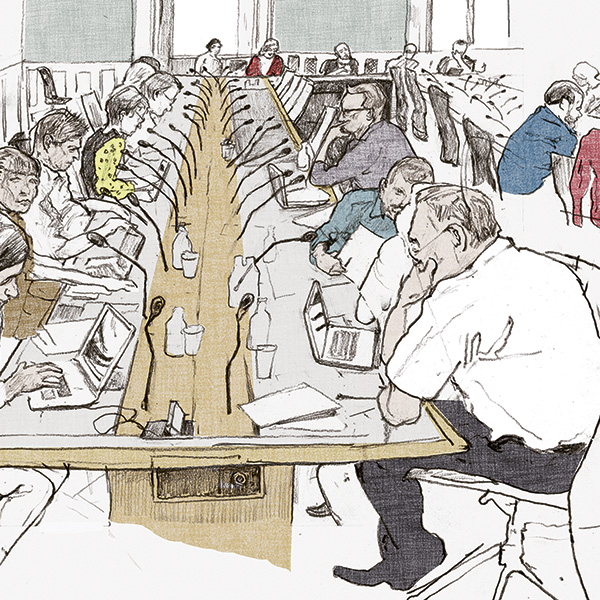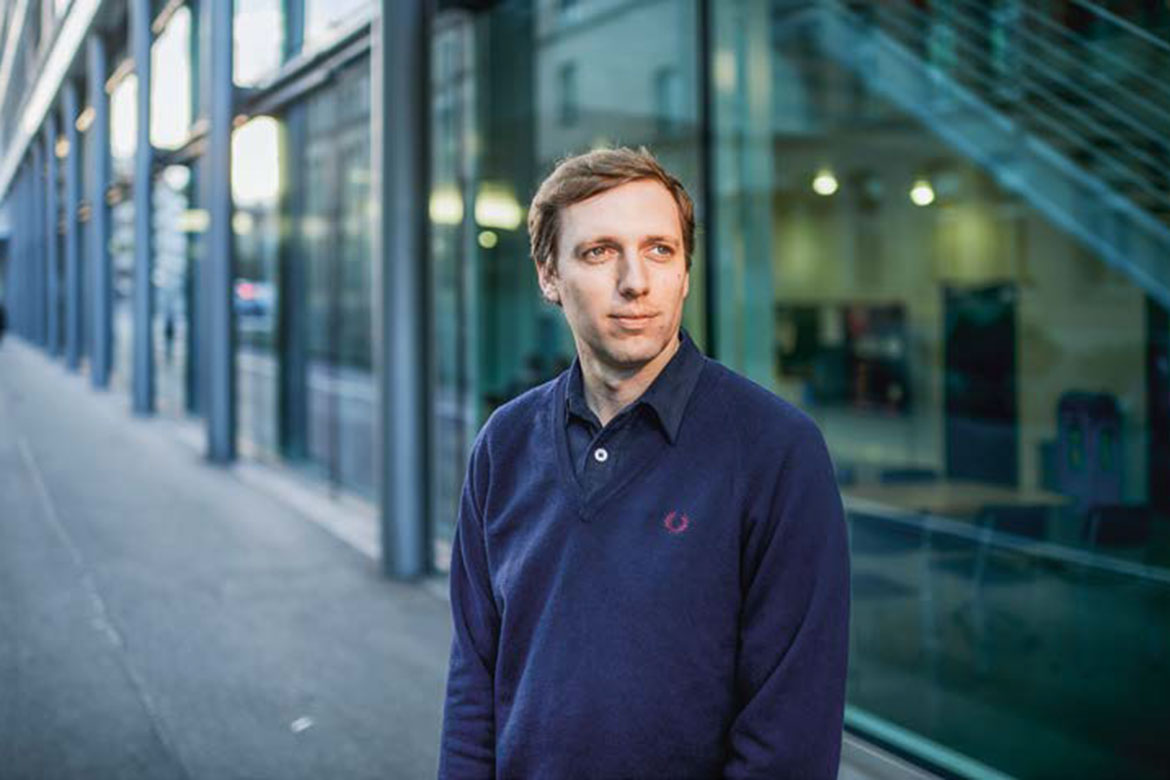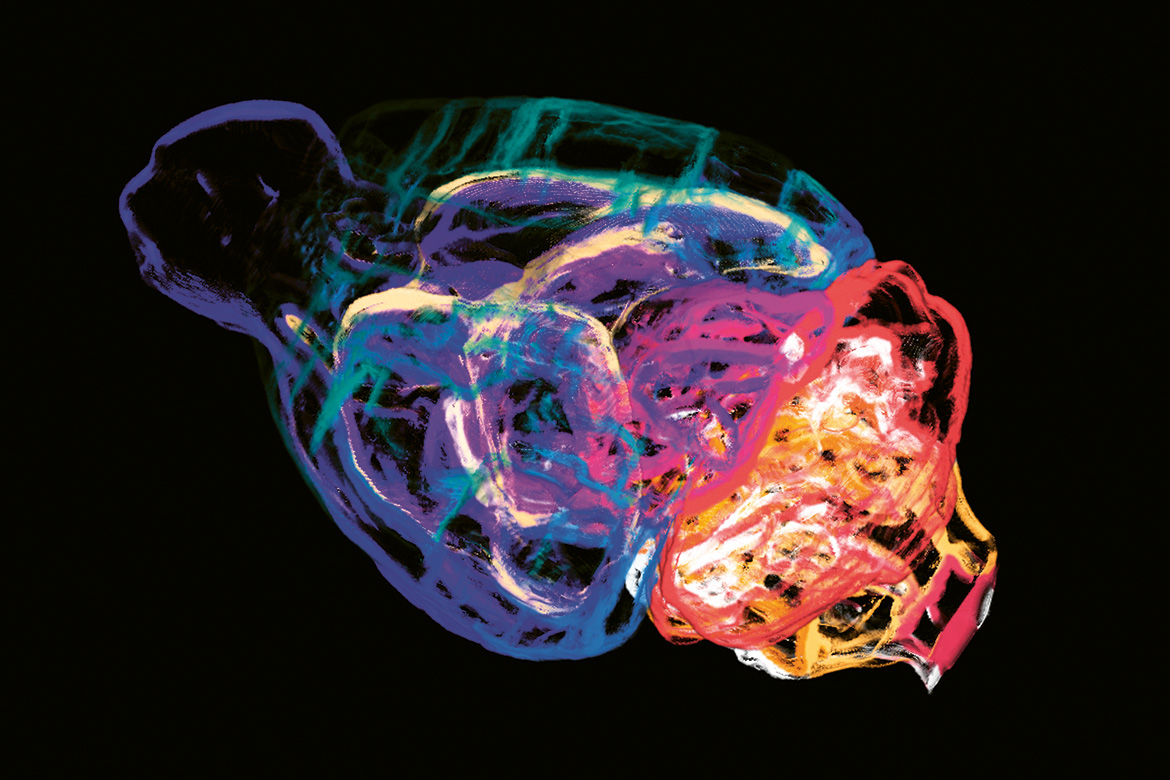People
Finding answers to the big questions
Extra-terrestrial life, the meaning of dreadlocks, and national ethics: Three experts offer their opinions on current debates.

Image: Keystone
The Nobel Prize-winning astrophysicist Didier Queloz from Geneva is moving to Zurich. At the new Centre for Origin and Prevalence of Life at ETH Zurich, he wants to find out whether life on Earth is unique. Over 40 research groups will be working under his auspices to try and answer big questions, such as: What chemical and physical processes made possible the emergence of living organisms? What planets might harbour life? How do planets create an environment in which life can become established on a permanent basis? What other forms of life might exist out there? As of 2023, Queloz will also chair the Marcel Benoist Foundation that awards the annual Swiss equivalent of the Nobel Prize for science. He will take over this role from Federal Councillor Guy Parmelin.

Image: Goran Basic
The historian and sociologist Henri-Michel Yéré from Basel believes that art should be a free place to which everyone has access. “When only a certain number of people are allowed to practise certain forms of art, that is actually the exact opposite of art”, he said in an interview with the Neue Zürcher Zeitung (available only in German) after a concert by the Bernese reggae band ‘Lauwarm’ was cancelled. Two of its members wear dreadlocks, and they were accused of ‘cultural appropriation’. Discussions about dreadlocks are a symptom, he says, that point to much deeper-lying problems – such as the fact that members of minorities are too rarely represented in positions of power in our society. Yeré was born in Abidjan, and he has a different perspective on dreadlocks: “If you wear dreadlocks out on the street in Abidjan, then you are either an artist or someone with a connection to drugs. This hairstyle has different meanings all over the world, and those meanings shift over time”.

Image: zVg
Andrea Büchler is a professor of law at the University of Zurich and President of the Swiss National Ethics Committee. In an interview with Annabelle (available only in German), she has been answering questions about the new divorce law in Switzerland. Büchler welcomes the fact that “it sends out the right signals in terms of gender equality”. But she insists that “equality cannot just begin with divorce”. She often comments on social issues – such as was recently the case with the genetic modification of embryos using the ‘genetic scissors’ Crispr. Büchler assumes that she will live to see the widespread use of Crispr – to treat embryos with problematic genetic predispositions, for example. However, ethical questions still have to be clarified, and the significance of individual genes on diseases still has to be better investigated.




